High stakes if Apple e-books antitrust case goes to trial
Apple is last company standing in US government's e-book antitrust case.
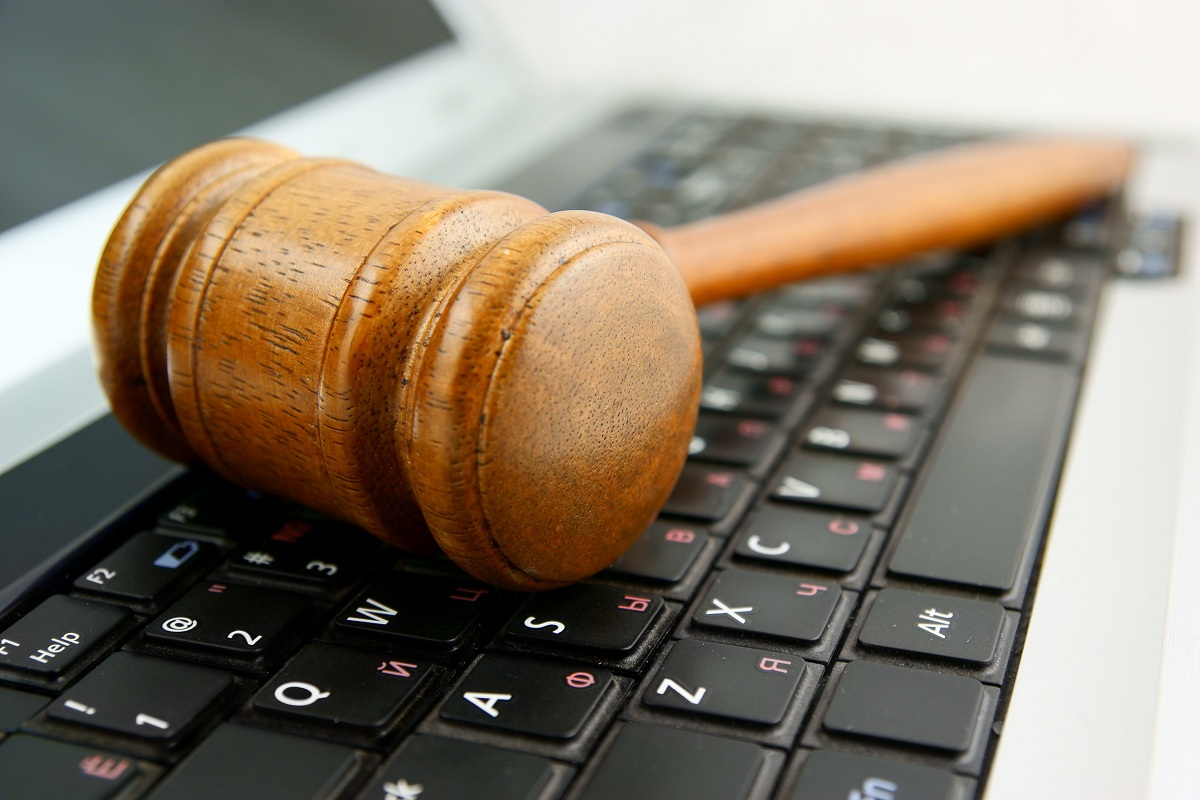
As the only remaining defendant in the US government's e-books antitrust case, Apple appears headed for a high-stakes trial that could significantly increase the personal computer company's liability in related litigation.
Apple faces a 3 June trial date over civil allegations by the US Department of Justice that it conspired with five publishers to raise the price of e-books and to fight the dominance of Amazon.com.
On Friday, Macmillan became the fifth and final publisher to settle with the government. The Justice Department alleges that Apple came to agreements with each of the publishers meant to ensure that e-book prices at its iBookstore and other retailers would remain higher than those offered by Amazon.com.
At the Apple trial, to be overseen by US District Judge Denise Cote in Manhattan, the Justice Department will seek not monetary damages but a judicial decree that Apple violated antitrust law, court papers said.
Among other things, government lawyers want the judge to issue an order enjoining Apple from engaging in any conduct similar to that alleged in the case. Such a judgment could make Apple vulnerable to steep damages in related litigation.
Apple and the publishers also face a class-action suit filed on behalf of consumers and a similar suit filed by dozens of state attorneys general. Neither suit puts a figure on the exact amount of damages sought.
The Consumer Federation of America estimated in a letter last year to the Senate antitrust subcommittee that e-book price fixing would likely cost consumers more than $200 million in 2012. State and federal antitrust laws allow plaintiffs to recover triple the amount of actual damages established at trial.
Get the ITPro daily newsletter
Sign up today and you will receive a free copy of our Future Focus 2025 report - the leading guidance on AI, cybersecurity and other IT challenges as per 700+ senior executives
If Apple loses against the Justice Department, those plaintiffs would be in a "powerful position" to win their cases, according to Harry First, a professor at New York University School of Law specializing in antitrust.
Under the Clayton Act, an antitrust statute, plaintiffs can use judgments obtained by the US government as evidence against defendants.
If Apple loses, it is unclear whether both the states and the private plaintiffs will be able to seek and recover damages for the same conduct.
By contrast, if Apple were to prevail, it would cause "a lot more trouble" for the plaintiffs in the other cases, First said.
Apple declined to comment. It still may settle with the US government.
In December, Apple and four publishers came to an agreement with European Union regulators over their antitrust probe into e-books. The fifth publisher, Pearson Plc's Penguin group, also under investigation, was not part of the European deal announced in December.
Little to gain
Apple may have little to gain by going to trial in the United States, according to some legal experts.
Under settlements with the Justice Department, the five publishers were required to terminate or not renew deals with Apple and other retailers that the government claimed were anti-competitive.
Apple and the government have less to argue over since those deals have been undone, Daniel Crane, a law professor at the University of Michigan Law School, said.
"What are they fighting over?" he said.
Crane added that Apple may be interested in going to trial to establish an antitrust principle that might help other aspects of its business such as content deals with entertainment companies.
The trial would be a big test for the Justice Department's Antitrust Division, which has sought to enhance its reputation for its trial capabilities under the Obama administration.
The government has been represented by Mark Ryan, who is director of litigation, a new position in the Antitrust Division. Ryan, who began in January 2012, was hired by Joseph Wayland, the former acting assistant attorney general for the Antitrust Division.
Last year Wayland cited Ryan in a speech about the Antitrust Division's focus on enhancing its litigation capabilities. Under the Obama administration, the Antitrust Division has scored a number of high-profile trial victories, including a criminal price-fixing case against Taiwan-based AU Optronics Corp last year and a successful challenge of H&R Block Inc's acquisition of 2SS Holdings Inc, developer of the TaxACT digital tax preparation business, in 2011.
Apple is represented by lawyers at Gibson, Dunn & Crutcher. One of the law firm's attorneys who recently made an appearance in the case, Orin Snyder, won a favorable settlement last year for Voom HD Holdings, once a unit of Cablevision, following a trial against Dish Network.
Voom sued Dish for $2.4 billion alleging it violated a 15-year contract to carry a suite of high-definition channels, including those devoted to Kung Fu and video games. Under the settlement, Dish agreed to pay $700 million to Cablevision and AMC Networks, which Cablevision spun off last year.
The case is United States v. Apple Inc et al, US District Court, Southern District of New York, No. 12-02826.
ITPro is a global business technology website providing the latest news, analysis, and business insight for IT decision-makers. Whether it's cyber security, cloud computing, IT infrastructure, or business strategy, we aim to equip leaders with the data they need to make informed IT investments.
For regular updates delivered to your inbox and social feeds, be sure to sign up to our daily newsletter and follow on us LinkedIn and Twitter.
-
 Bigger salaries, more burnout: Is the CISO role in crisis?
Bigger salaries, more burnout: Is the CISO role in crisis?In-depth CISOs are more stressed than ever before – but why is this and what can be done?
By Kate O'Flaherty Published
-
 Cheap cyber crime kits can be bought on the dark web for less than $25
Cheap cyber crime kits can be bought on the dark web for less than $25News Research from NordVPN shows phishing kits are now widely available on the dark web and via messaging apps like Telegram, and are often selling for less than $25.
By Emma Woollacott Published
-
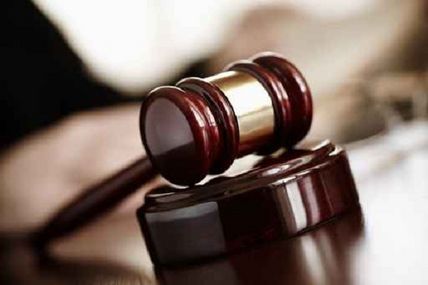 Google loses bid to block Apple Safari privacy lawsuit
Google loses bid to block Apple Safari privacy lawsuitNews Ruling could pave the way for Apple users to sue search giant
By Rene Millman Published
-
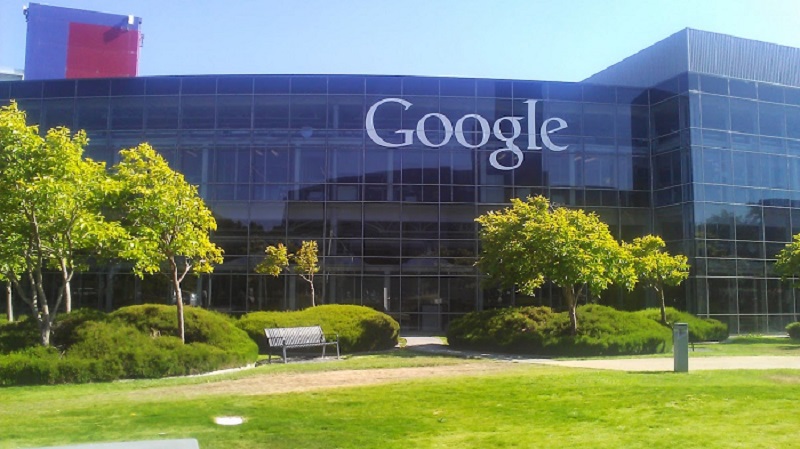 Google at centre of Android antitrust complaint in Russia
Google at centre of Android antitrust complaint in RussiaNews A Russian search engine claims Google's inclusion on Android devices breaches competition regulations
By Clare Hopping Published
-
 Beats, Google & Sony hit with unpaid royalties suit by US music publisher
Beats, Google & Sony hit with unpaid royalties suit by US music publisherNews The companies are alleged to have not paid the royalties they supposedly owe for using music from before 1972
By Clare Hopping Published
-
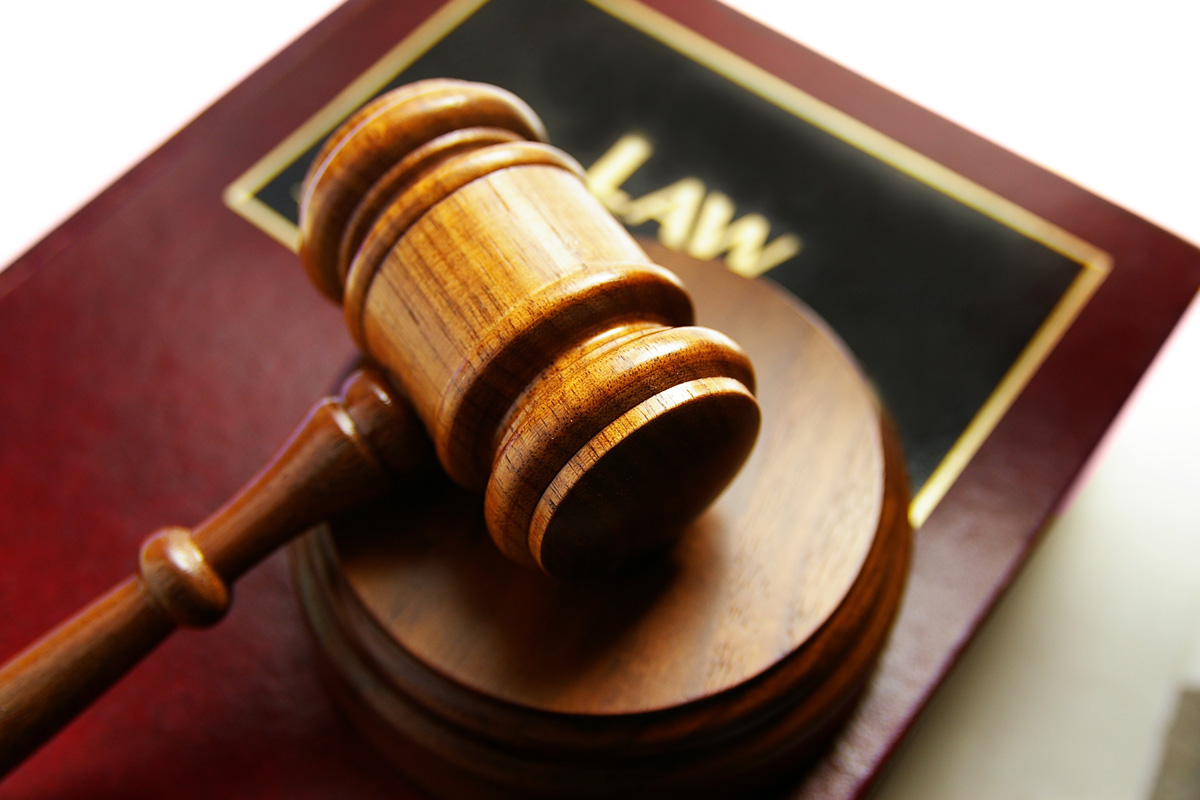 Ex-Apple exec jailed for allegedly defrauding the tech giant
Ex-Apple exec jailed for allegedly defrauding the tech giantNews Paul S Devine received kickbacks from suppliers to whom he also plied with top secret info, it is claimed
By Clare Hopping Published
-
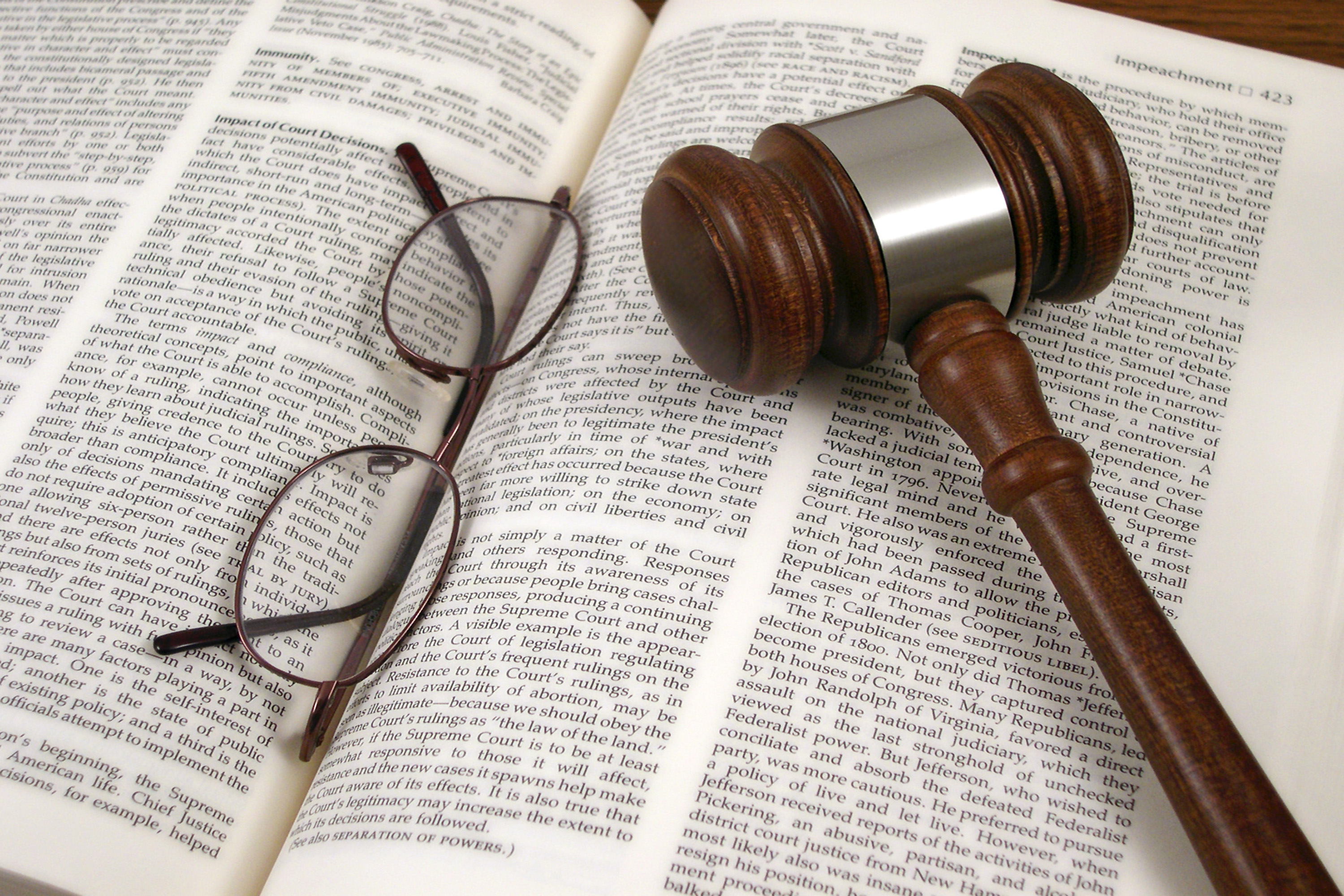 Microsoft refuses to hand over emails to US authorities
Microsoft refuses to hand over emails to US authoritiesNews Software giant Microsoft will appeal the ruling that says it must provide data
By Clare Hopping Published
-
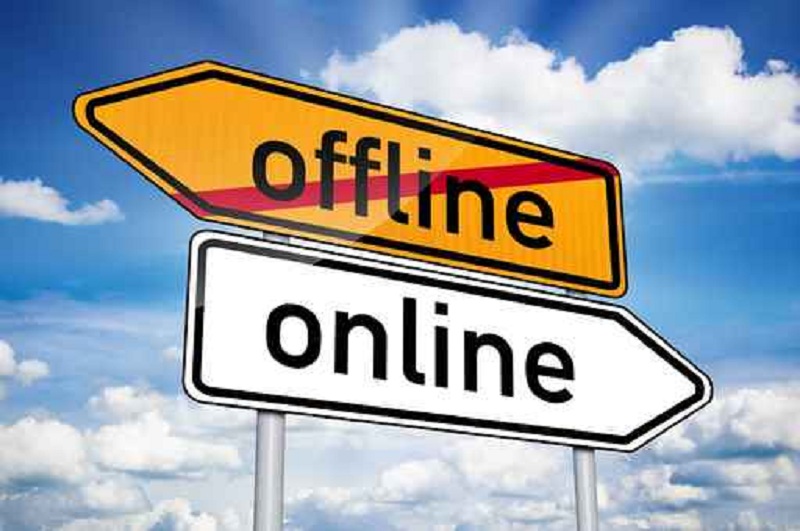 UK demands EU drops right to be forgotten law
UK demands EU drops right to be forgotten lawNews The government has asked for the right to be forgotten law to be removed from new European Union data protection laws
By Clare Hopping Published
-
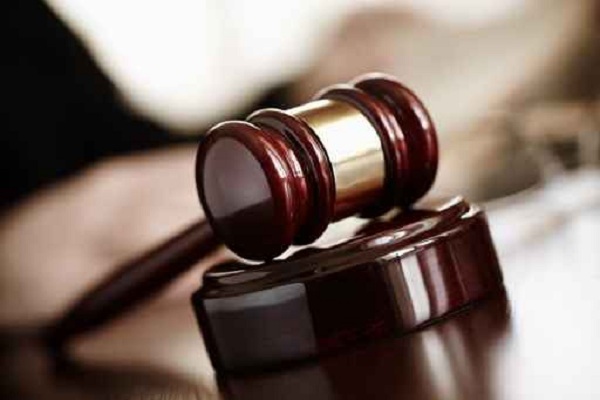 Oracle to continue HP Itanium server support
Oracle to continue HP Itanium server supportNews Software giant loses bid to end support for hardware partner's server range.
By ITPro Published
-
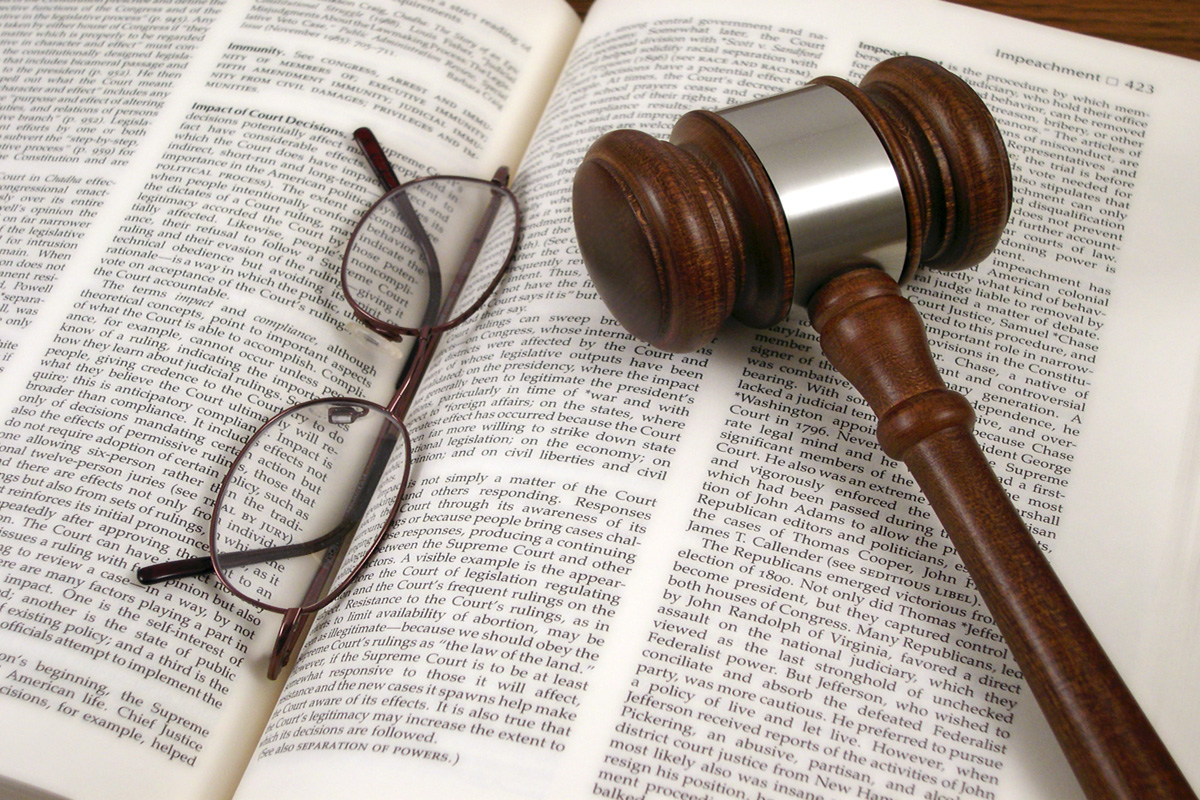 SAP's TomorrowNow pleads guilty in Oracle case
SAP's TomorrowNow pleads guilty in Oracle caseNews TomorrowNow is fined $20 million as expected, but Oracle may be left thinking about what could have been.
By ITPro Published
